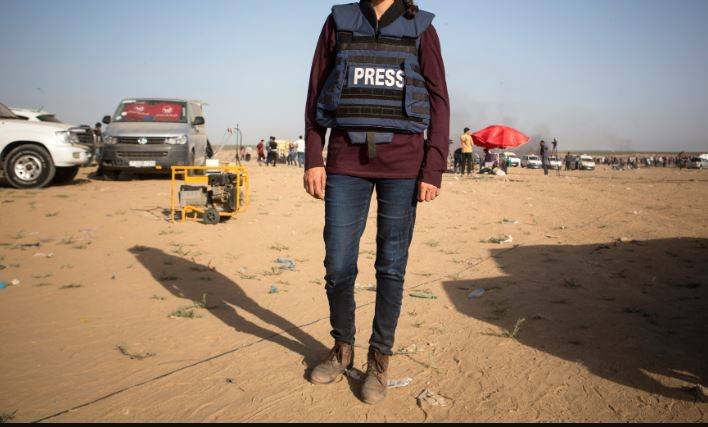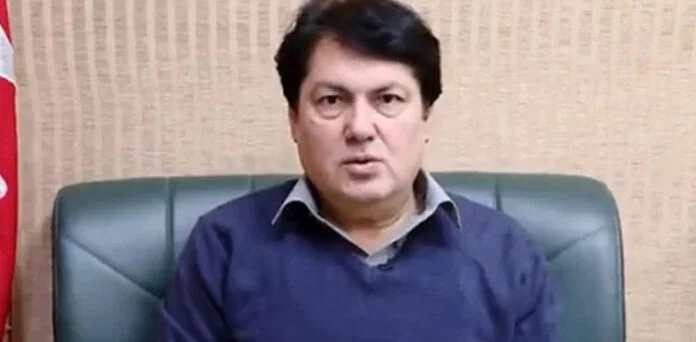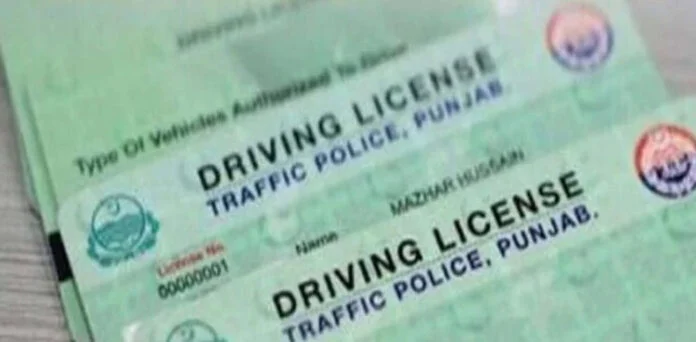
Indian students in the United States must adhere to local laws, as emphasized by the Ministry of External Affairs following the detention of a postdoctoral fellow at Georgetown University and the self-deportation of another student to Canada. Officials confirmed that neither individual sought assistance from Indian diplomatic missions.
Badar Khan Suri, a postdoctoral fellow at Georgetown University in Washington, D.C., was detained by the Department of Homeland Security on allegations of actively spreading Hamas propaganda. A U.S. federal judge has temporarily blocked his deportation. Less than a week before this incident, Ranjani Srinivasan, an Indian student at Columbia University, self-deported to Canada after her visa was revoked for allegedly advocating violence and supporting Hamas-related activities.
The Indian embassy and consulates in the U.S. remain available to assist students facing difficulties. However, decisions regarding visas and immigration policies fall under the jurisdiction of respective nations, and compliance with local regulations is expected. Indian authorities noted that they were informed of these incidents through media reports rather than direct engagement with those involved.
Srinivasan, who had entered the U.S. on an F-1 student visa for a doctoral program in Urban Planning at Columbia University, had her visa revoked by the Department of State. Authorities cited video evidence showing her using the Customs and Border Protection Home App to facilitate her self-deportation.
With a significant number of Indian students studying in the U.S., India remains committed to strengthening educational ties. The growing academic collaboration between both nations plays an essential role in their bilateral relationship, and efforts continue to foster these connections further.


















